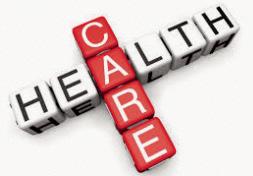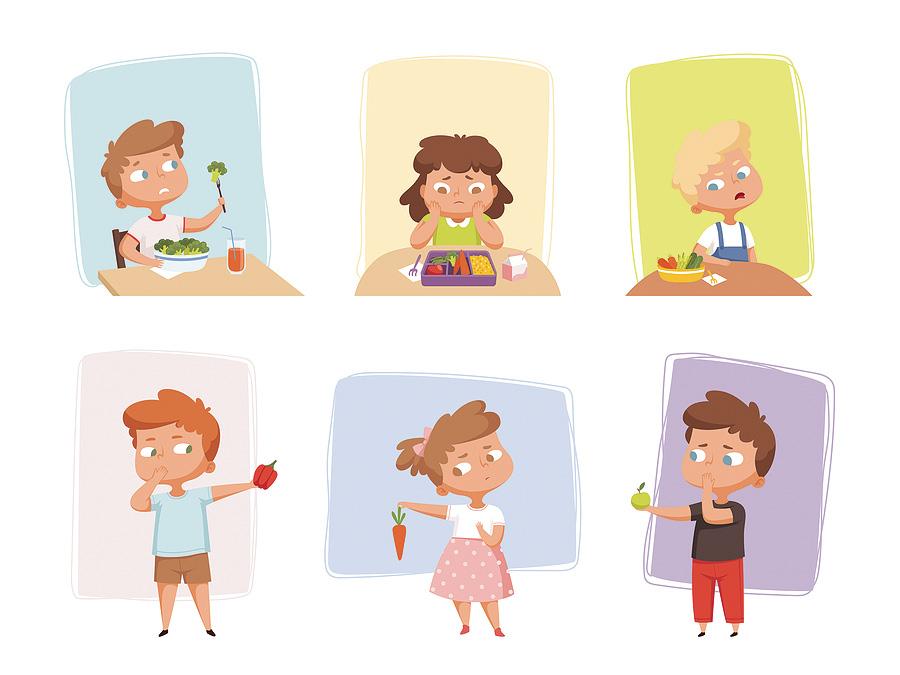
3 minute read
Health
Fit, Thin & Unhealthy
Hartley Newell-Acero & Amy Schmidt,
Advertisement
in partnership with SMC and CCPHHS
Imagine a set of identical twins. Let’s call them Twin A and Twin B.
Twin A worries constantly about gaining weight. To avoid this, Twin A eats lots of vegetables, shuns highly refined foods, and makes sure to burn off “excess” calories through plenty of exercise. Twin B also eats lots of vegetables, avoids highly refined foods and exercises regularly. The difference? Twin B eats vegetables because they taste good, avoids refined foods because it leads to feeling lousy, and exercises because it’s fun, makes them feel strong and helps them to sleep well.
While their behaviors may look the same to an observer, their experiences and outcomes will be different, even if their weights end up equal. Twin A may find that food becomes a fixation and eating becomes an activity filled with anxiety. Everything eaten is analyzed and reduced to its component parts: How many calories does it have? Is it “clean” enough or allowed on the current diet? Physical hunger is distrusted and ignored. At the same time, food is used as a distraction or to numb emotional pain, often leading to feelings of guilt or shame.
For Twin B, food nourishes the body and provides fuel. It’s enjoyed and shared. No single item or category is demonized or deified, but neither is diet’s impact on health ignored. Physical and emotional hunger are separated. Physical hunger is resolved by eating food. Emotional hunger is resolved in a myriad of other healthy ways.
At times, Twin A enjoys being physically active, but there are almost always overlays of punishment and penance. If too many calories were consumed, they must be paid for. Time, intensity, repetitions and distance are badges of honor. Pain, fatigue and even illness are weaknesses to be powered through. If exercise isn’t an option, then anxiety, irritability, guilt, or distress ensue. The shape, size and weight of their body determines their worth as a person. Keenly attuned to messages about what bodies are acceptable, Twin A bounces between disgust at the reality of their body and embarrassment at the fact that they feel that disgust.
Twin B is also active and puts just as much effort into workouts as Twin A does. However, high intensity workouts are choices, not obligations or imperatives. Activities are chosen based on safety and enjoyment. Rest and recovery are valid needs that are met, not flaws to be overcome. Twin B understands that there is no single size or shape that signifies health or value and that bodies change with circumstance and time. They may not always feel confident about or love every aspect of their body, but they do have respect and appreciation for it and do their best to take good care of it.
Our culture thinks like Twin A. We equate thin with health and attractiveness and we’ll sell our peace of mind and worth to achieve it. We might be fit and thin but are we healthy? What if we thought like Twin B, striving for health because we’re worth it? We just might find that a healthy body goes hand in hand with a healthy, peaceful mind.
If you’re struggling with your relationship to food, fitness, or your form, visit The National Eating Disorders Association, and call Sawtooth Mountain Clinic to set up an appointment today.

Employment Opportunity Director of Nursing
North Shore Health, a 16 bed Critical Access Hospital and 4 bed ER Department, in Grand Marais, MN is seeking a DON to join our patient centered team!
Please go to northshorehealthgm.org for more information and see all employment opportunities!
Chiropractic • Massage
Downtown Lutsen, MN (218) 277-8175 northlakewellness.com












